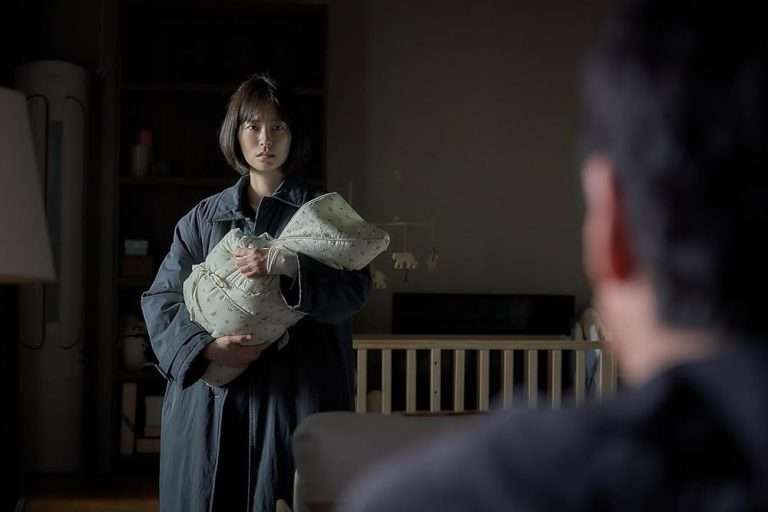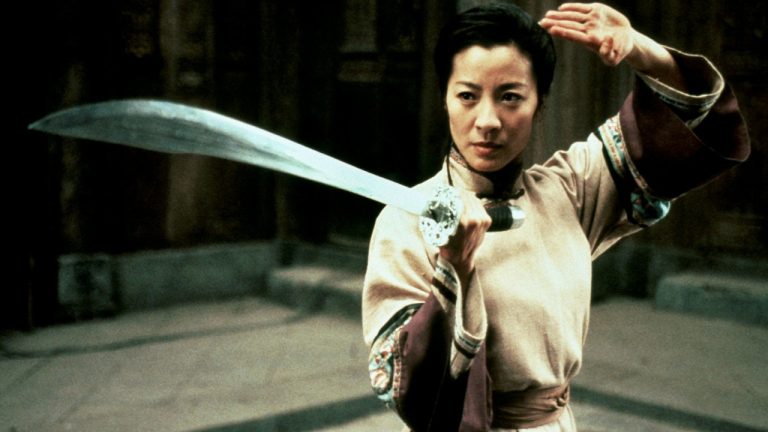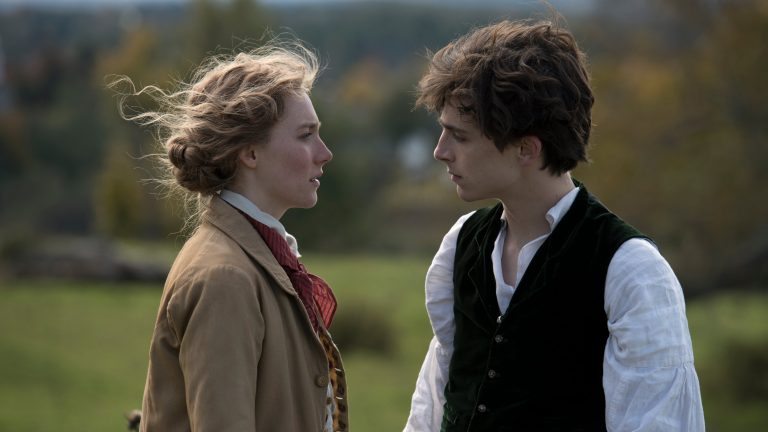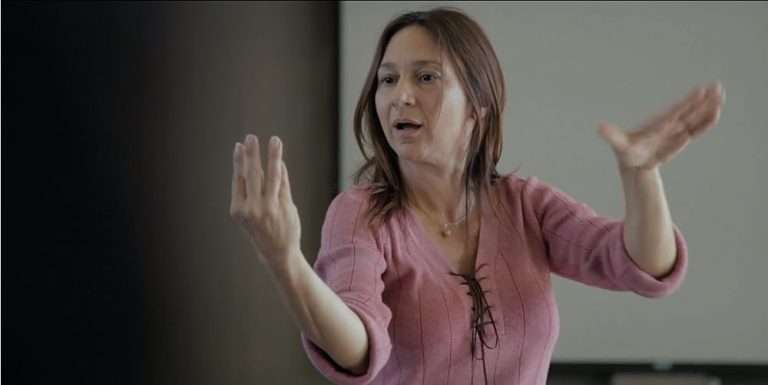Vengeance (2022) Movie Review:
Many films of late have obsessively latched on to the idea of detachment. Although the namesake film starring Adrien Brody remains the quintessential thinkpiece, several efforts have reshaped the feeling in a changing world. As we go digital in every walk of life, the feeling becomes more enhanced. It is felt with a powerful swoop of loneliness and grief. Social media is one of the most favored thematic vehicles that filmmakers are using now. Isolating characters through the constant need to match up to other people’s perceptions of them is the preferred route. What Vengeance does so well and differently is defy those expectations. The protagonist Ben comes afront with his own emptiness and shallow existence through an exercise of creating an alternate self – the one that feels at peace going along with the world’s pace. Vengeance isn’t solely a character study: it is the canvas of an entire nation.
BJ Novak (our least favorite character from our favorite ‘The Office’) writes, directs, and stars as Ben. Other notable members of the cast include Issa Rae, Jean-Smith Cameron (Gerry from ‘Succession’), and Ashton Kutcher. Vengeance is conceived not just as a plain investigative effort on the part of an aspiring writer looking for “the story” to springboard him into the limelight but also as a journey of self-discovery through the mirror of regrets. Disparate elements of story are brought together in well-fleshed-out themes about individuality, the hollow dating and hookup culture, and the lost value of human connection. At the same time, Novak ensures the dialogue remains light and the depths of his commentary about society hits you hard with a softened touch. He makes you woefully aware of the emerging distance between the world (as he puts it so aptly, “divided by time”); the lack of compassion and real feelings.
This sense of misplaced priorities and human exhibitions sails through in a painful buildup with an epiphanous conclusion. Vengeance’s first half leaves you reeling with its effects. The “big city vs. small town” divide suffers from familiar markings, although the inclusion of the Shaw family makes the difference. BJ Novak doesn’t give an earnest performance in the purest sense of the word – the way in which it has been etched into cinematic acting. But in the scheme of things in the way he is supposed to play the part he is earnest; honest in the way he does not care. So, Vengeance takes the shape of a pseudo-mockumentary of genre themes and narratives, where the killer is chased down. It’s already darkly intense and bleak universe doesn’t need any more “ghosts”. Vengeance defies those tropes and presents something very refreshing. It is a “vengeance story” without emotion.
Before connecting with the world, we must try to reconnect with ourselves. Seeing others through the prism of our thoughts and reflections is futile in the long run, Eventually, the truth will catch up with you. Another likable thing about the film was Novak’s clever storytelling. Through Issa Rae’s Eloise, Vengeance lays out its work’s intricacies. You are kind of seeing a meta deconstruction of what the story and characters really mean. And all Ben learns is how empty he is. He has himself fallen into a narrative he has weaved around the record/memory of a girl he never knew. It is mildly revolting and strongly hypocritical but immensely beneficial to the narrative’s artistic appeal.
There is a slight mishap in terms of focus that leaves lukewarm feelings about the final outcome. Novak isn’t too sure of how to find his voice as an artist through Kutcher’s Sellers. He compensates for critical and essential exposition with delirious, unfulfilled monologues about abstract notions somehow creating conflicts in the real world. He is supposed to be the antagonist but comes across as very unclear. Thus, he isn’t too useful for Novak in his efforts to make an excellent film. Vengeance seems too concerned with the broad strokes at times, leading to distracted execution. The third act, hence, feels really weak and the overall structure lob sided. Vengeance has fleeting similarities to The Guest (2014) and The Lives of Others (2006). Recontextualizing the latter with modern sensibilities in a way is probably a good way to describe the film. Our review of it does not end here. Read on to the next segments that explain the ending and other burning questions about the plot.
Why is Ben revered by Abilene’s family?
As you might have noticed, Ben was confused when Ty mentioned Abilene’s name on the phone. Off it, he admitted to having hooked up with her without creating an emotional connection. Abilene apparently did create one and when Ben went to her room, he saw pictures of him on her walls. Later, when Ben is able to guess her phone’s passcode, he sees messages that she exchanged with someone who was fed in her phone as “Ben”. Those messages entail the real answer to this question. She was keeping up appearances and wasn’t actually smitten with Ben. She even confessed in the messages to using his name to chat and talk with someone else.
Abilene saw Ben in the same way he did her – a random hookup in a strange city. Their relationship was nothing more. But Abilene’s family didn’t know this and were fooled by her clever attempts to hide Quentin’s identity. They thought Abilene was madly in love with Ben because of the pictures and how she talked about him. Ben was such a huge figure in her life that not only did Ty call him to attend the funeral, he even asks him to join the quest for vengeance.
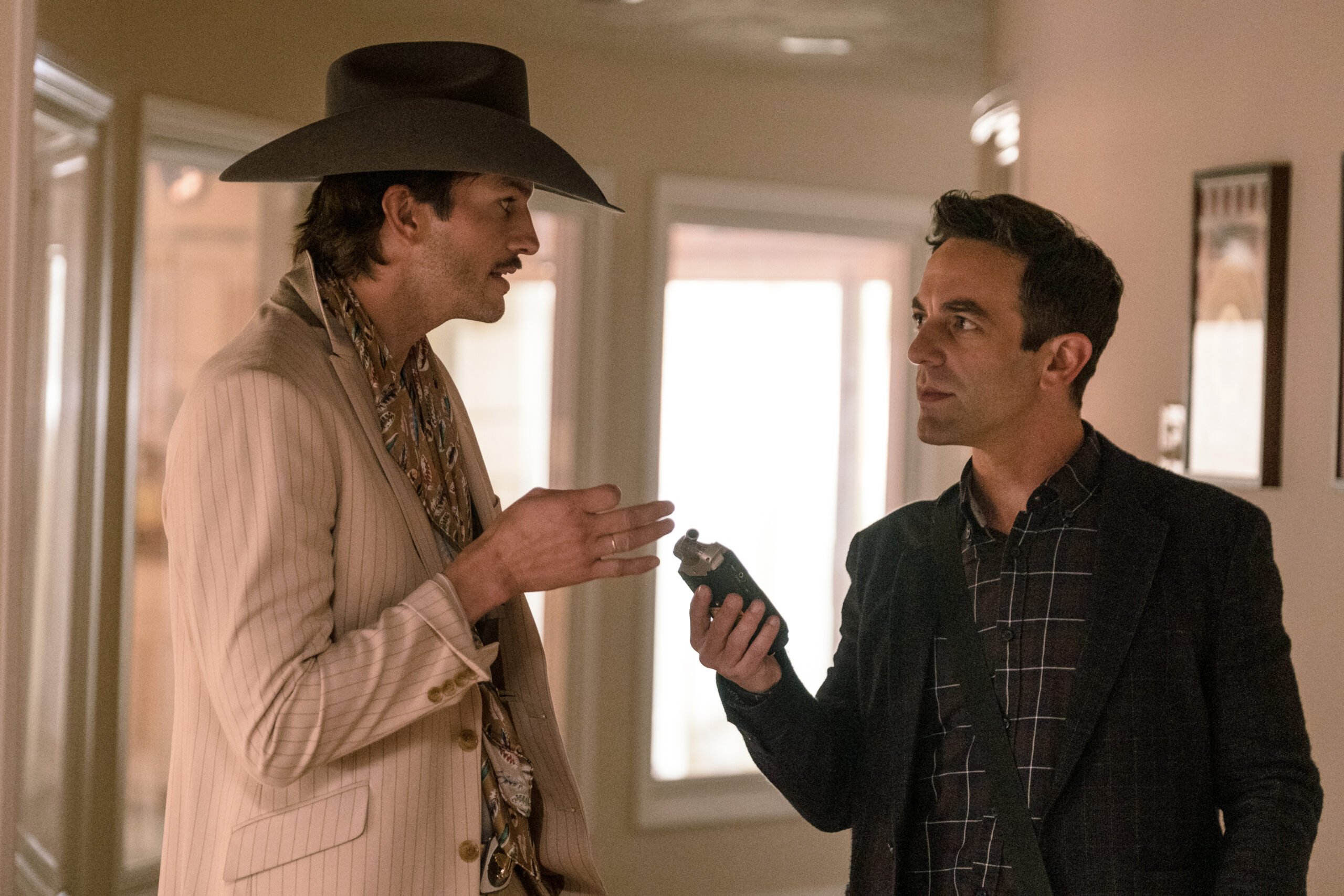
Why does Ben agree to go when he knows the truth about the relationship?
As it is revealed early in the movie, Ben is a writer for the New Yorker. His journalism career hasn’t taken off yet and as is the norm, he will have to break a big story to be successful. At first, he does not think about the story and goes just because he can not say no to a grieving Ty on the phone. Maybe, deep down, he is a good person. Or he is another one of the humanoids on earth keeping up appearance. Anyway, he takes the flight out to Texas and interacts with Ty. The brother springs the revenge idea on him out of nowhere and Ben, instead of reacting, responds in a thinking manner.
It is only then that the idea of a story hits him. Ben did not want to exploit the narrative and make a story out of the tragic incident but he felt it could be the big break that launches him. Eloise encourages him to explore the idea he pitched to hr earlier at the party of creating a podcast about the idea of America and how it is divided by time. Ben concurred and felt that it would tie up really well with his other ideas for a podcast.
What was Quentin Sellers’ criminal conspiracy?
Sellers (Ashton Kutcher) came across as a very genuine, thoughtful, and sage individual when we first met him. He was also the only “friend” that had Ben’s back in the town. Ben was impressed by his recording studio and ideas about individuality and the optimism he had about Texas. As the climax reveals, it was all a show. Or maybe not a show but it was far from the moral truth that we like to believe in. Remember how Ben is moved from one authority to the other in a sequence? All the law enforcement agencies say to him that the spot where Abilene was found – the oil pumps – is a spot where the jurisdiction of all the four agencies overlaps. That is why they have never been able to investigate any murders or deaths that have happened in the region.
When Ben went to the Sherrif’s office, he told Ben that a purple drug was being brought into the town from the highway that they had been tracking. Ben then makes the connection that since the region also includes a passageway from the highway, it would be easier for someone to smuggle them in and still go unnoticed. This was Sellers’ conspiracy. He used to smuggle in the drugs and then allow the youngsters to use his product and even overdose due to it. But because of the overlapping jurisdiction, he was never caught.
How is the idea of “vengeance” represented in the film?
Vengeance does not manifest as a slight thing in the film. Because of how Novak paces and constructs his ideas, the revenge theme rests on the sidelines for much of the duration. It is only later in the film, probably the climax, when it manifests and does so with a bloody rage. Ty and the Shaw family probably had other ideas of avenging Abilene’s death but their planning was incoherent, just like real-life. We did anticipate something right in the world of movies wherein Ty, with his mates, would take on the drug cartel and decimate them in true Western savagery. But all of that does not happen and that is why I felt Novak kind of defied expectations with his actual execution.
Ben shooting Quentin was not how Novak wanted to represent revenge. He felt that Ben’s coming-0f-age and caring about other people, letting go of his empty conscience was the real revenge upon the world. There is a monologue where he berates the Shaw family and people of the region when Abilene’s grandmother casually lets out that Abilene was a heavy drug user. She actually died because of an overdose but Ben did not hold back and saw this as an attempt on Ty’s part to deceive him, failing to see his own deception. I love how the part where the family comes to check on him after his car explodes and this monologue are placed right after each other.
This was the real idea of avenging this indifference and lack of compassion. The world is becoming a colder place every passing day and Novak wanted to address this uneasy truth through his narrative. People are divided by different ideas and the media but also by their own selfishness.
Vengeance (2022) Movie Ending, Explained: Why does Ben delete all the recordings?
So Vengeance ended with Ben shooting Quentin in the tent and then deleting all the recordings. The Shaw family eventually got to know what Ben did for Abilene when Sharon drops him off at the bus stop. But why did Ben delete all the recordings when they were approved, collated by Eloise, and set to feature on a national radio network? It is difficult to answer it in absolute terms. An altruistic analysis suggests that Ben did it because he did not want the family to become “famous characters” that people talked about and discussed. Their grief was shared by Ben, not by virtue of a personal connection but by a human connection that he discovered late in the film. Despite the revelation that Abilene was probably not the sweet angel she was made out to be, Ben decided to stand up for the idea of a moral wrong going unnoticed; a true journalistic achievement.
It was his investigative instinct that brought him face to face with the truth and he decided to act and not just keep quiet. He could not bare Quentin getting away with what he did with the young girls and boys in town. It was not his intention to avenge Abilene but avenge the idea of evil forces overcoming the good. Ben realized that the Shaws were dealing with the loss o Abilene like a family and wanted her memory and the truth of her story contained within that safe space. Mass media coverage of incidents like these is the ugly truth of our societies.
Someone’s suffering and trauma becomes a titillating news feed for everyday people who have gotten used to changed sensibilities. Novak creates an anti-thesis to this idea and salvages all those who prefer to look the other way with the character of Ben Manalowitz. He is the true modern anti-hero we all need to head to make the world a better place.



